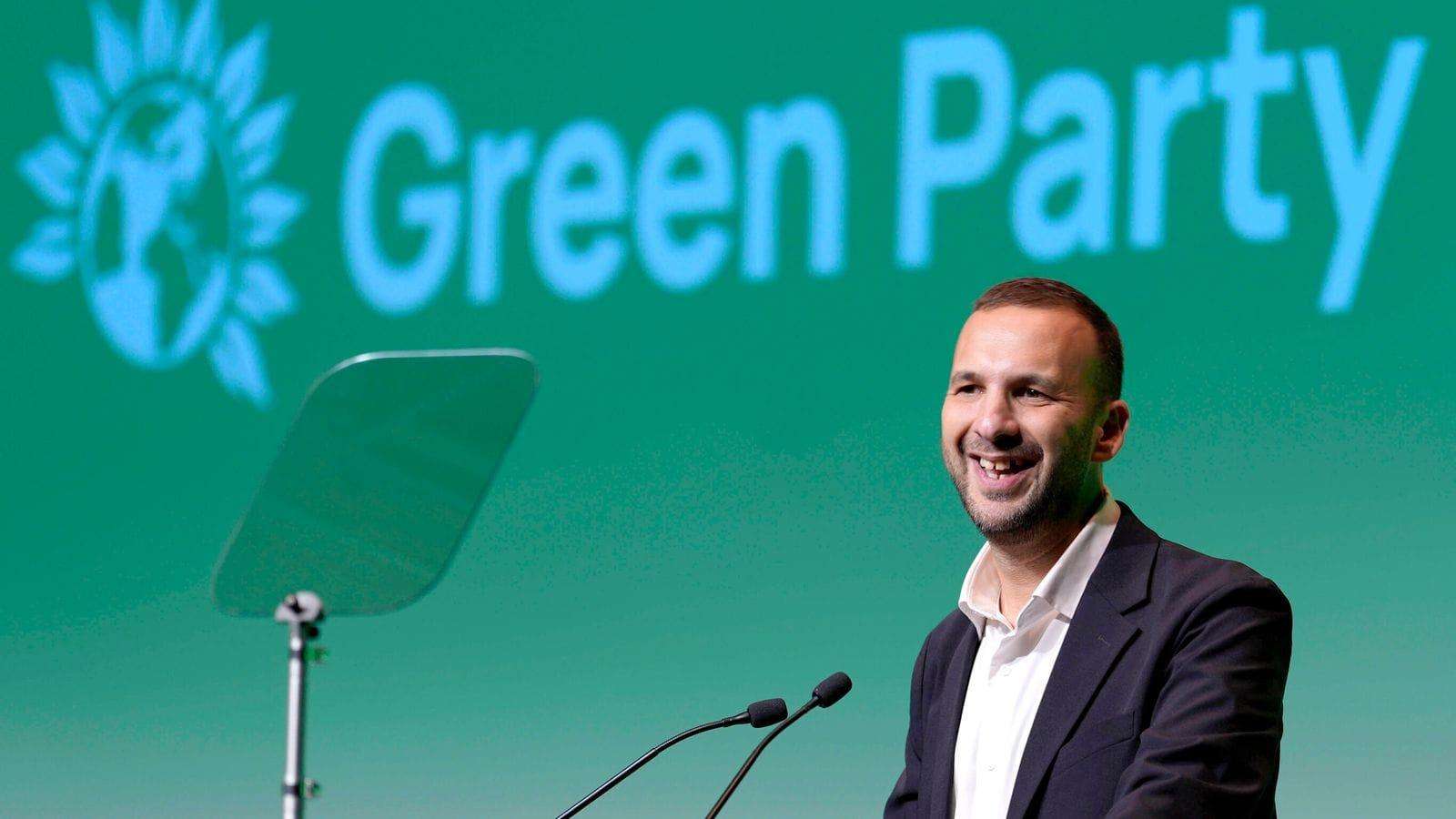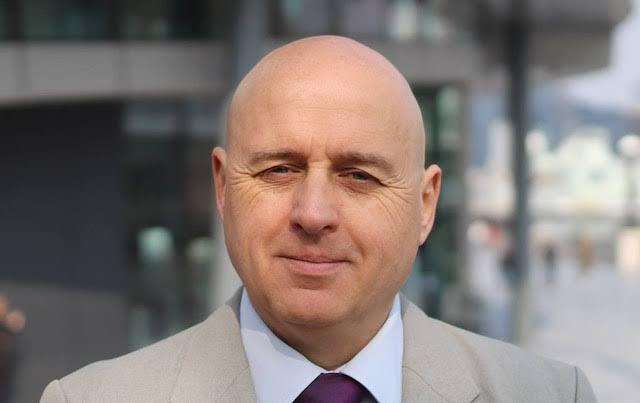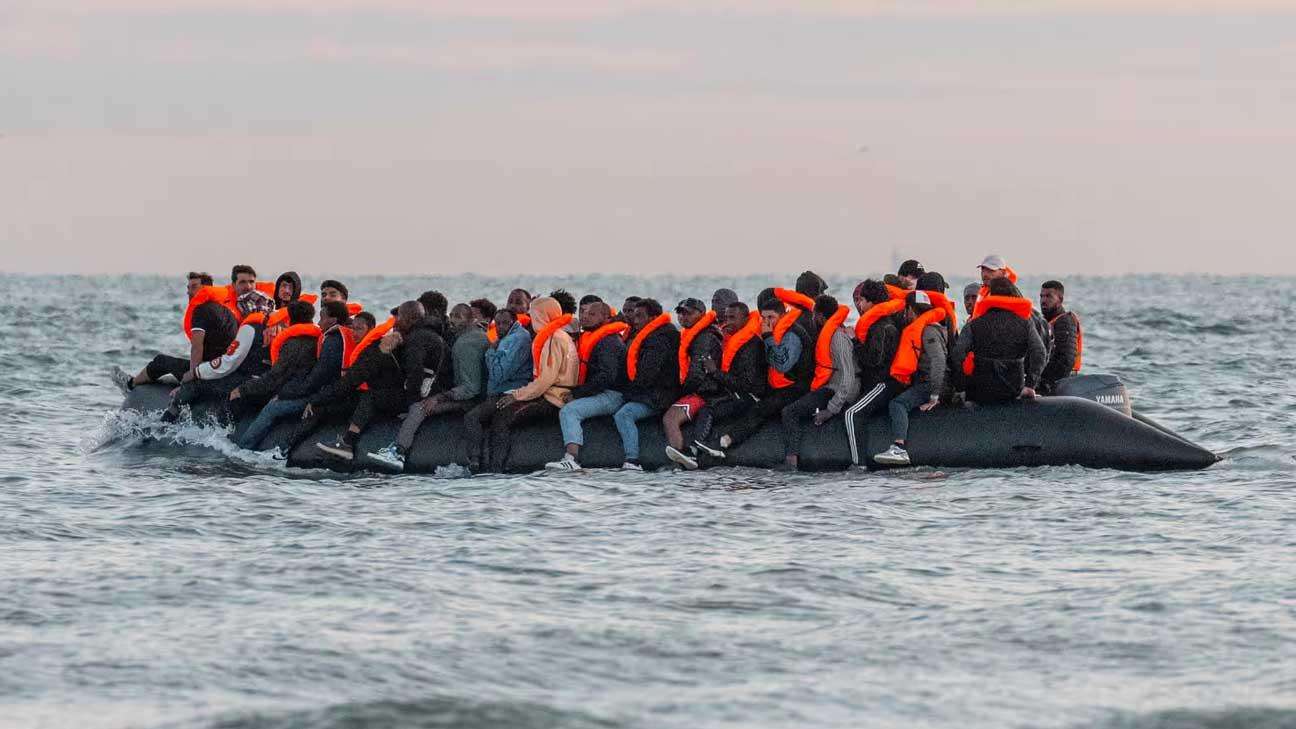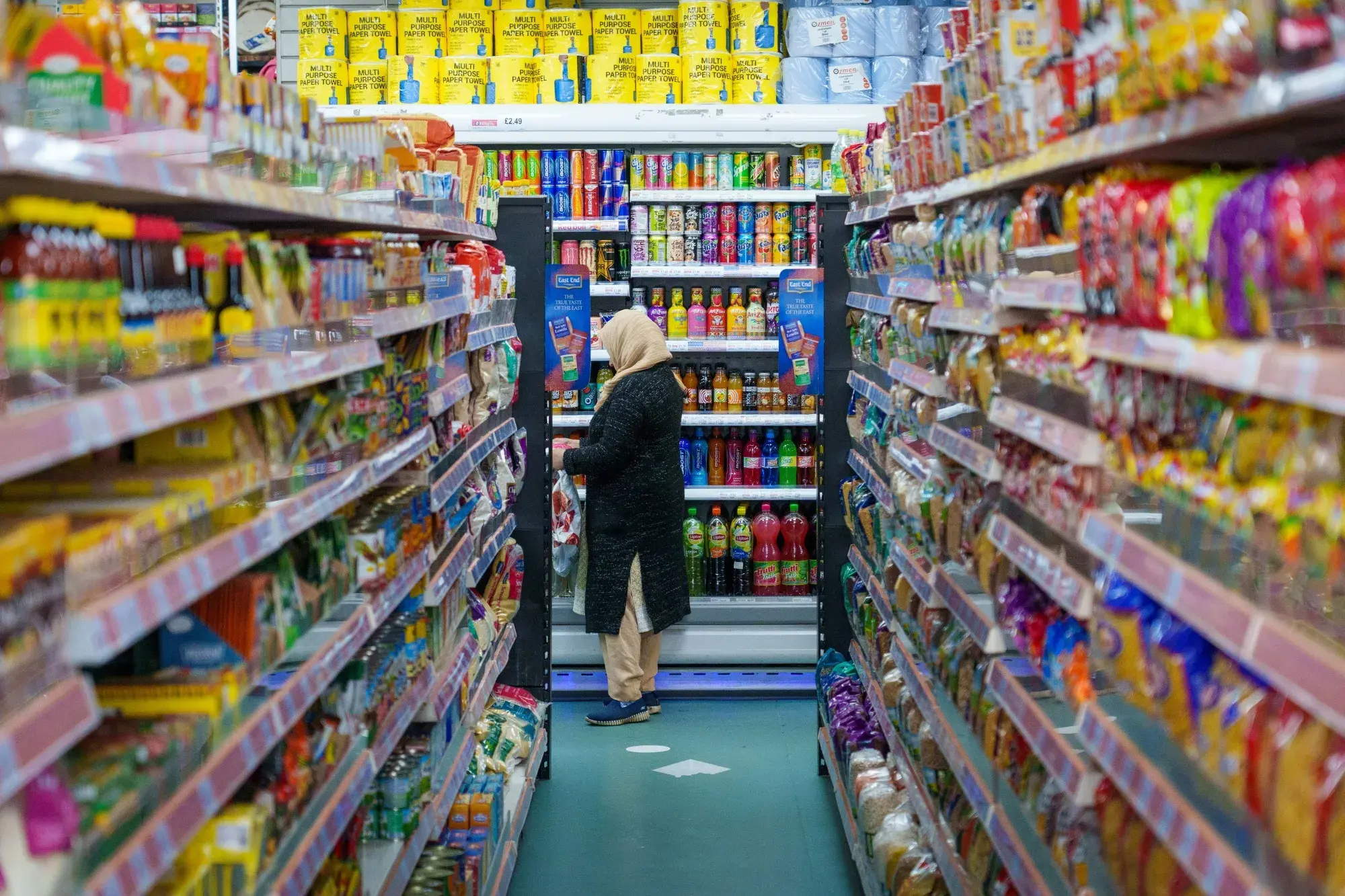Keir Starmer’s plan to combat Channel people-smuggling through sanctions has been met with scepticism from security and migration experts, who say its success may be difficult to measure and possibly exaggerated.
Foreign Secretary David Lammy revealed the government’s intention on Tuesday to impose sanctions on corrupt police, counterfeit passport providers, and companies involved in supplying small boats to smugglers. The first round of sanctions, expected on Wednesday, will name individuals and organizations allegedly profiting from human trafficking.
Lammy called the initiative “the first of its kind in the world” and a key part of the government’s push to dismantle organized criminal groups exploiting vulnerable migrants. He expressed hope that the UK would set an example others might follow.
However, experts warn that the strategy may not deliver the promised results. Tom Keatinge, director at the Royal United Services Institute’s Centre for Finance and Security, cautioned the government against making overly ambitious claims. He warned that freezing assets and using sanctions to dismantle smuggling rings could prove ineffective and difficult to enforce.
Dr Peter Walsh of Oxford’s Migration Observatory pointed out that a similar EU sanctions program launched in early 2024 has not yet demonstrated clear results. He noted that evaluating such sanctions is difficult due to the limited visibility and assets many smuggling networks have within the UK. These networks often rely on informal financial systems, like hawala, that operate outside regulated channels, making it nearly impossible to trace and freeze their funds.
Dr Madeleine Sumption, deputy chair of the Migration Advisory Committee, also voiced doubts about the program's long-term impact. She said it was unlikely to cause major disruption to the small boat route or the broader smuggling industry, noting the sheer number of people involved in these operations. Success would also hinge on cooperation from other countries where these criminals operate.
The initial list of sanctioned individuals will reportedly include about two dozen names, with more to follow in future packages targeting corrupt public officials and law enforcement.
Under pressure from both political opponents and party backbenchers over irregular migration, Starmer’s government is eager to demonstrate decisive action. Cracking down on criminal gangs was a central pledge of his election campaign.
Still, refugee advocacy groups insist that enforcement alone won’t stop dangerous crossings. Enver Solomon, head of the Refugee Council, emphasized the need for safer legal alternatives for those seeking asylum. He said many of those risking Channel crossings are fleeing life-threatening conditions in countries like Sudan, with no other viable options for safety.
_3.jpg)
_4.jpg)






.svg)

.jpg)
